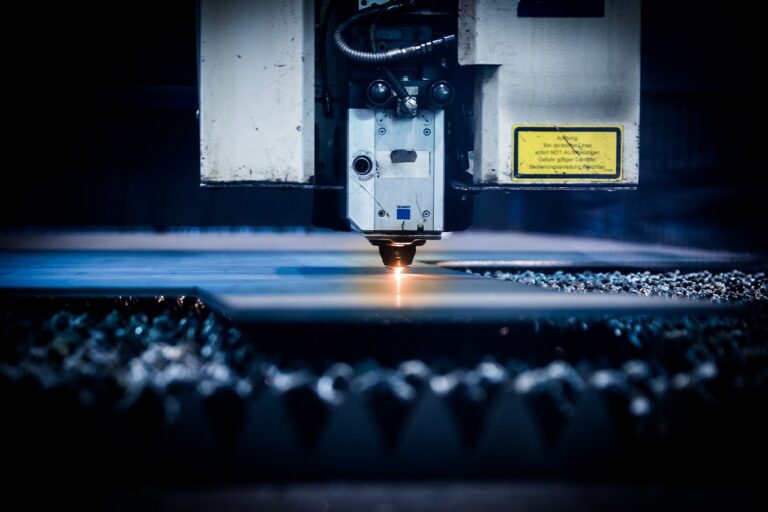In recent times, the use of Artificial Intelligence (AI) has drastically increased and is expected to reach a market value of $641.3 billion by 2028.
With about nine out of ten top organizations now investing and increasing their investments in AI technology, employees are more concerned about whether the market revolution will take away their jobs. Or, benefit them.
Artificial intelligence (AI) is one of the most rapidly expanding and widely adopted data-driven technologies. It is utilized for a wide range of corporate applications. This includes customer connections and chatbots, security intrusions, process automation, and the video game industry. However, will AI replace employees?
In this article, we will discuss if AI is indeed a job killer. Or, if it’s here to ease the work of humans.
Table of Contents
Is Artificial Intelligence a threat to employment?
The use of artificial intelligence within enterprises has significantly increased by 270 percent in just four years, from 2015 to 2019. This expansion ascertained the significant value AI technologies are providing to companies.
According to Snaplogic, 89% of employers say that AI could help with up to half of their work. Also, 68% want their employees to use more AI-based technology. Therefore, it is less of a threat and more about how you feel about artificial intelligence.
Although robots have the potential to be very effective, humans are still required to oversee their operations. Their intelligence is growing, but they are less likely to make sound choices when faced with uncertainty. On the other hand, humans can respond following how the circumstance evolves. We are intelligent, and not machines.
Experts’ opinions about the impact of AI on employment
According to experts, artificial intelligence is not a threat to employment because it makes employees more productive and efficient.
Management and technology experts, Thomas Davenport and Steven Miller contributed that AI is not a job killer. Moreover, its great importance in helping people with hard and important tasks cannot be denied.
According to the World Economic Forum’s Future of Jobs Report 2020, AI is predicted to eliminate 85 million jobs globally by 2025. Simultaneously, it will add 97 million new jobs over that same period.
How is AI shaping the future of companies and the business market
Several pieces of information need to be gathered and analyzed regularly in today’s modern business sector. And with AI, businesses can analyze data, spot trends, and glean insights to make strategic decisions.
Artificial intelligence (AI) helps to increase productivity, manage customer relationships, personalize experiences, detect fraud and security operations, automate routine processes, and even build social media brands.
Not only, but human resource management and the cultivation of top-tier talent are also two more rapidly expanding areas where AI is being put to use.
In his presentation, Josh Bersin, CEO of The Josh Bersin Company and a global industry analyst, elaborated on the relationship between AI and the future of work, as well as how AI is changing human resource management systems.
Bersin, argues that providing employees with a clear path for their future careers, fostering an environment where employees feel valued, and eliminating biases in the hiring and retention processes are all essential to shaping the workplace of the future.
Thomas Davenport and Steven Miller added that the major impact of AI on the successful future of business will make more people embrace digital and intelligent technology.
It’s worthwhile to also note that robots are not going to replace humans. They are only going to make their jobs much more humane and easy. Robots will be assigned difficult and risky tasks.
Can AI coexist with human work?
Humans and AI will work together to make life easier. Though AI can complete tasks on time with fewer mistakes, it cannot replace the requirement for people. This, in tasks like to compile data, make edits, examine the results, and maybe override the AI’s conclusions.
To preserve a competitive edge in the marketplace of the future, businesses should develop strategic techniques to know where technology is headed and what sorts of talents and competencies are required.












